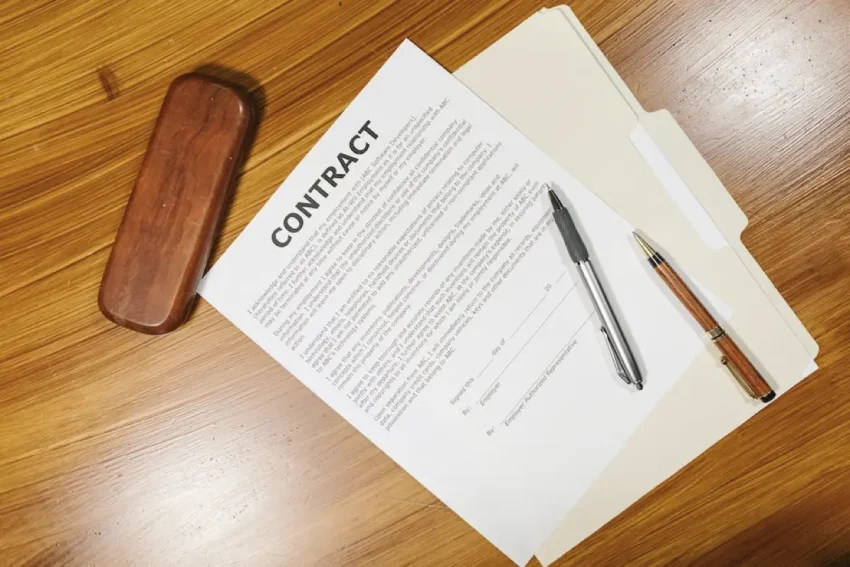Navigating Employment Contracts: Essential Tips for Professionals

Starting a new job is exciting, but understanding your employment contract can be confusing. This document isn’t just paperwork-it defines your pay, hours, benefits, and what’s expected from you. If you’re a creative professional or freelancer, knowing what’s in your contract helps protect your rights and avoid surprises.
Learning how to read and negotiate your contract gives you more control and confidence at work. Keep reading to learn how to make smart choices before you sign.
Contents
Key Clauses to Look For
When reviewing an employment agreement, certain clauses require your careful attention:
Compensation and Benefits
Carefully review your salary, bonuses, and benefits like health insurance or retirement plans. These should match what’s common in your field and reflect the value of your work. Clear pay and fair perks set the tone for a strong start.
Job Responsibilities
Make sure your job duties are clearly written in the contract. Knowing exactly what’s expected helps you avoid taking on tasks outside your role without additional compensation. Clear responsibilities also reduce confusion and help you stay focused on your main goals.
Termination Clause
Read the termination clause carefully so you know how and when your job can end. Look for details like notice periods, severance pay, and what happens if either side ends the contract. These terms protect you if things don’t go as planned.
Intellectual Property (IP) Rights
If you work in a creative field, check who owns the work you create during your job. Some contracts give full rights to the employer, even after you leave. Knowing this helps you protect your ideas and plan future projects.
Non-compete or Non-solicitation Clauses
Non-compete and non-solicitation clauses can limit where and with whom you work after leaving a job. They might stop you from joining a competitor or working with former clients for a set time. Reading these carefully helps you avoid career roadblocks later on.
Negotiation Strategies
Negotiating your contract may seem daunting, but it’s an essential skill for a fulfilling work relationship. Here are some strategies to consider:
First, do your research. Understand the standard practices within your industry regarding pay and benefits. This knowledge will empower you during discussions and allow you to present convincing arguments.
Secondly, approach negotiations with a collaborative mindset. Frame your requests not just as personal preferences but as ways to enhance your contributions to the company. For example, if asking for flexible hours, explain how this will improve your productivity and creativity.
Finally, don’t hesitate to seek professional assistance. If you feel uncertain about the complexities of your contract, consider consulting with this employment contract lawyer in Toronto. They can provide valuable insights and ensure your interests are well-represented.
Make Your Contract Work for You
Understanding your contract gives you the power to shape your work life. When you take time to read the details and speak up for what you need, you set yourself up for a smoother, more secure path forward. It’s not about overthinking-it’s about knowing your worth and making sure it’s in writing. Start strong, stay informed, and keep building the career you want.
Explore the rest of our blog for more tips to help you take control.



